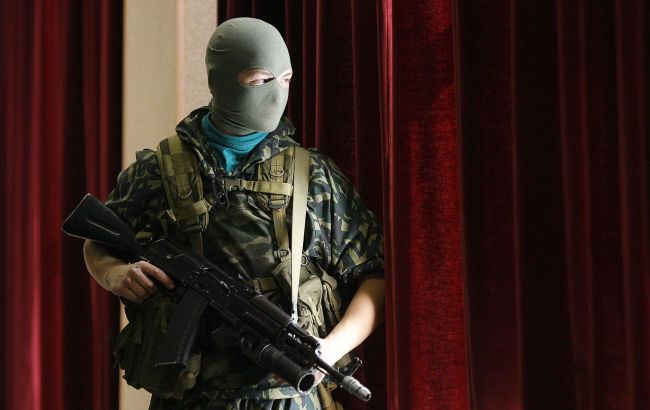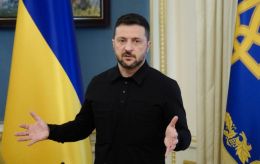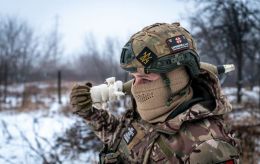Russia sets up new administrative structure in Crimea: Impact on locals named
 Russian soldier (Photo: Getty Images)
Russian soldier (Photo: Getty Images)
In occupied Crimea, a new administrative hierarchy is taking shape, where participation in the war has become a decisive factor for career advancement. This could significantly change the nature of governance on the peninsula, according to a post by the National Resistance Center on Telegram.
Formation of a military-style management model
Courses have begun in occupied Crimea, where 57 participants in the war against Ukraine, including conscripts, contract soldiers, volunteers, and law enforcement officers, are undergoing training for appointment to leadership positions.
According to the organizers’ plan, after completing the program, around 90% of the participants will head to units within the Russian administration.
Goal: loyalty to the authorities, not professionalism
According to analysts from the National Resistance Center, what is happening cannot be considered a regular personnel update. It is about creating a rigid, militarized hierarchy, where the key criterion is not administrative experience but participation in the war and maximum loyalty to the security forces.
Experts believe that such a system establishes a management model based on repressive tools and complete control over the local population.
Consequences for life in the temporarily occupied territories
The growing influence of security forces in the civilian sphere is already transforming governance mechanisms on the peninsula. Analysts identify the main risks as:
- Civil authorities are effectively being replaced by military mechanisms;
- Pressure from security forces and repressive practices is increasing;
- Violence is becoming entrenched as a tool of governance;
- Social and economic tasks are becoming secondary;
- Regional dependence on the Kremlin is deepening.
Russia continues to expand military-ideological pressure on schoolchildren in the occupied territories, introducing new mandatory activities involving the Russian Ministry of Defense, aimed at fostering loyalty to the Russian regime and gradually preparing teenagers for future service in military structures.
In addition, in the occupied territories of Ukraine, Russian authorities are tightening information control, massively promoting Russian Russkiy Mir satellite kits instead of Ukrainian equipment. This restricts residents’ access to only Russian television signals and creates a media environment aligned with Kremlin interests.

